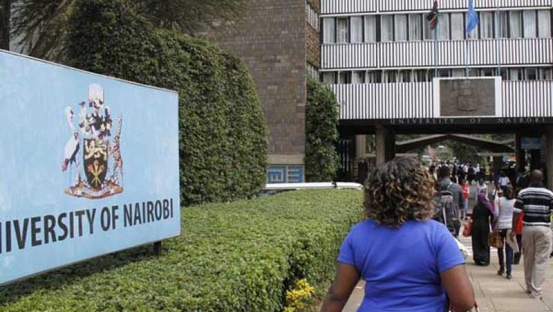
It is fairly accurate to suggest that “missing marks” in public universities constitute something bordering on a national disaster. For any random Kenyan selected, one is either affected directly, or knows a Kenyan who is enduring or has survived, and probably recovering from the trauma of a “missing mark”.
The impact of missing marks in our universities is not too different from other calamities recently suffered such as the unga crisis, security challenges or the recent cholera outbreak that has, for the first time since the end of white minority rule in Kenya, defied social status and power.